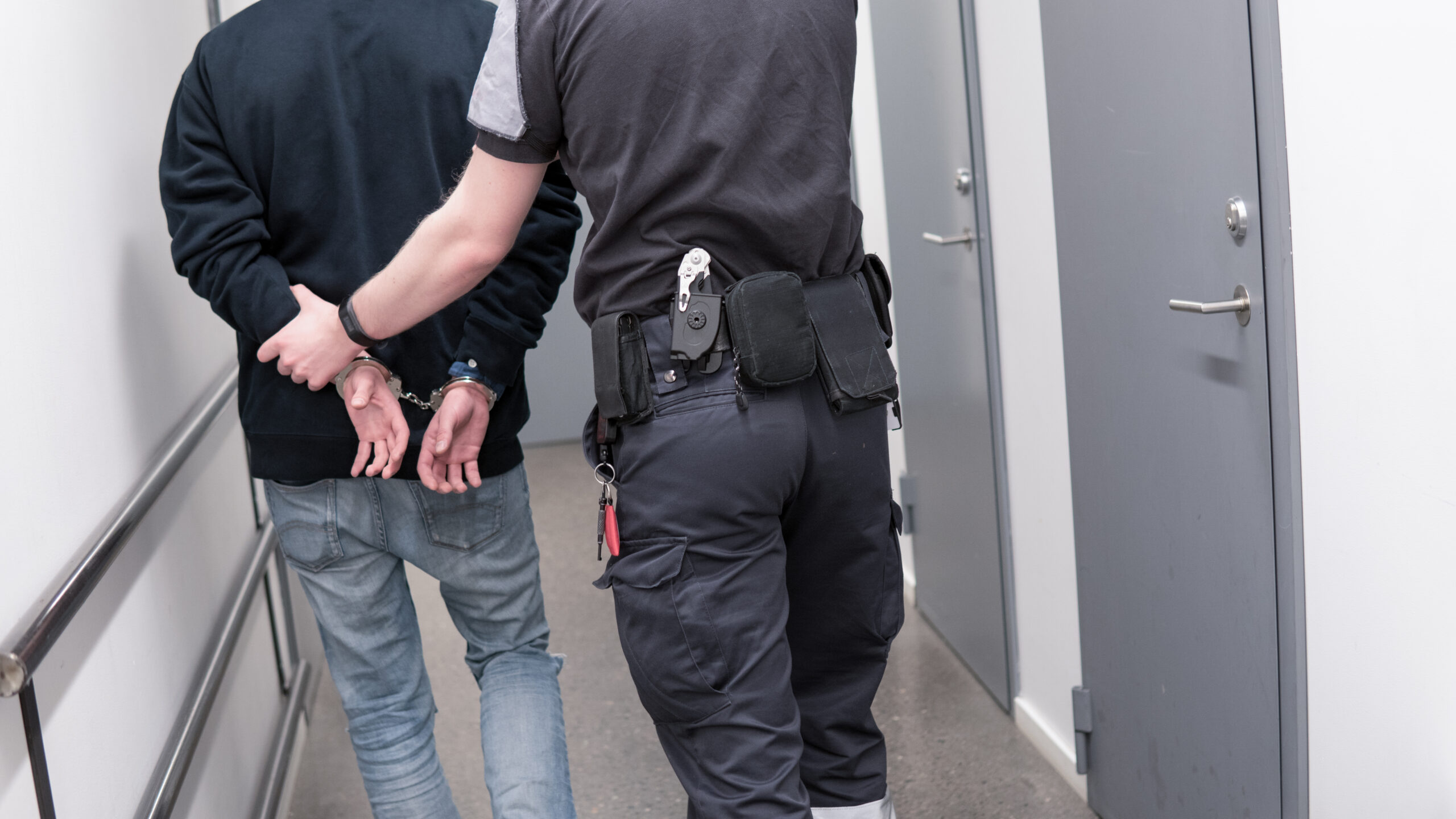Assault cases are a grave concern in society, and the state of Maryland recognizes the importance of addressing and preventing such incidents. In Maryland, the police department plays a vital role in ensuring the safety and well-being of its residents by responding promptly and effectively to assault cases. This article explores the significant responsibilities of Maryland’s police department in preventing and responding to assault cases, highlighting their requirements and protocols to ensure a proactive and efficient approach to tackling such incidents
Prevention Measures:
Prevention is a crucial aspect of reducing the occurrence of assault cases, and Maryland’s police department actively engages in various initiatives to prevent such incidents from happening. These measures include:
Community Outreach Programs: Maryland’s police department conducts community outreach programs to build trust and establish positive relationships with community members. By fostering a sense of trust and cooperation, the police can gather crucial information, identify potential risks, and prevent assaults before they occur.
Educational Campaigns: The police department collaborates with local organizations and schools to raise awareness about assault prevention strategies. These campaigns focus on educating the public about personal safety, recognizing warning signs, and reporting suspicious activities promptly.
Increased Patrols: Maryland’s police department implements increased patrols in areas where assault cases are more prevalent. By having a visible police presence, potential offenders are deterred, and residents feel safer, thus reducing the likelihood of assaults.
Responding to Assault Cases:
Despite the preventive measures in place, assault cases may still occur. In such situations, Maryland’s police department has specific protocols to respond promptly and efficiently. The response to assault cases involves the following steps:
Emergency Dispatch: Upon receiving a distress call or report of an assault, the police department’s emergency dispatch unit quickly dispatches officers to the scene. A timely response is crucial in ensuring the safety of the victim and the potential apprehension of the perpetrator.
Victim Support: Once officers arrive at the scene, they prioritize providing immediate medical attention and support to the victim. This includes arranging for medical services, securing the area for evidence preservation, and connecting the victim with resources for counseling and support.
Evidence Collection: Maryland’s police department emphasizes the collection and preservation of evidence in assault cases. Specially trained officers gather physical evidence, interview witnesses, and document all relevant information to build a strong case against the perpetrator.
Investigation: Following the initial response, the police department initiates a thorough investigation to identify the perpetrator and gather additional evidence. This includes conducting interviews, analyzing forensic evidence, and utilizing advanced investigative techniques to ensure a comprehensive examination of the case.
Arrest and Prosecution: If there is sufficient evidence to establish probable cause, the police department proceeds with the arrest of the suspect. They work closely with prosecutors to build a solid case, ensuring that the perpetrator is held accountable for their actions through the legal system.
Requirements and Training:
To fulfill their responsibilities effectively, Maryland’s police department maintains rigorous requirements for its officers and provides them with comprehensive training. These requirements and training programs focus on the following areas:
Recruitment and Screening: The police department conducts a thorough screening process to select individuals who possess the necessary qualities and skills for the job. This includes background checks, physical fitness evaluations, and psychological assessments to ensure the suitability of candidates.
Basic Training: Newly recruited officers undergo comprehensive basic training programs that cover various aspects of law enforcement, including assault prevention, response protocols, evidence collection, investigation techniques, and victim support. These programs provide officers with the foundational knowledge and skills required to carry out their duties effectively.
Ongoing Training and Professional Development: Maryland’s police department recognizes the need for continuous training and professional development to keep officers up-to-date with the latest techniques and best practices. Officers receive regular training in areas such as de-escalation tactics, cultural sensitivity, and advanced investigative methods to enhance their capabilities in preventing and responding to assault cases.
Collaboration with Specialized Units: The police department collaborates with specialized units, such as the Special Victims Unit or Domestic Violence Unit, to ensure a specialized and focused approach to assault cases involving vulnerable populations. This collaboration allows for a more tailored response and support for victims of assault.
The role of Maryland’s police department in preventing and responding to assault cases is of utmost importance. Their proactive efforts in implementing prevention measures, prompt response to incidents, and thorough investigations contribute significantly to creating a safer environment for the community. If you or someone you know has been a victim of assault, it is crucial to report the incident to the police department immediately. By taking a stand against assault and working collaboratively with law enforcement, we can foster a society that prioritizes safety, justice, and the well-being of all its members.
To learn more about the services provided by Alpert Schreyer, LLC, and how we can assist you with assault cases, please contact us. Our experienced team of attorneys is dedicated to advocating for victims’ rights and helping them seek justice through the legal system. Together, let’s work towards a safer Maryland for everyone.